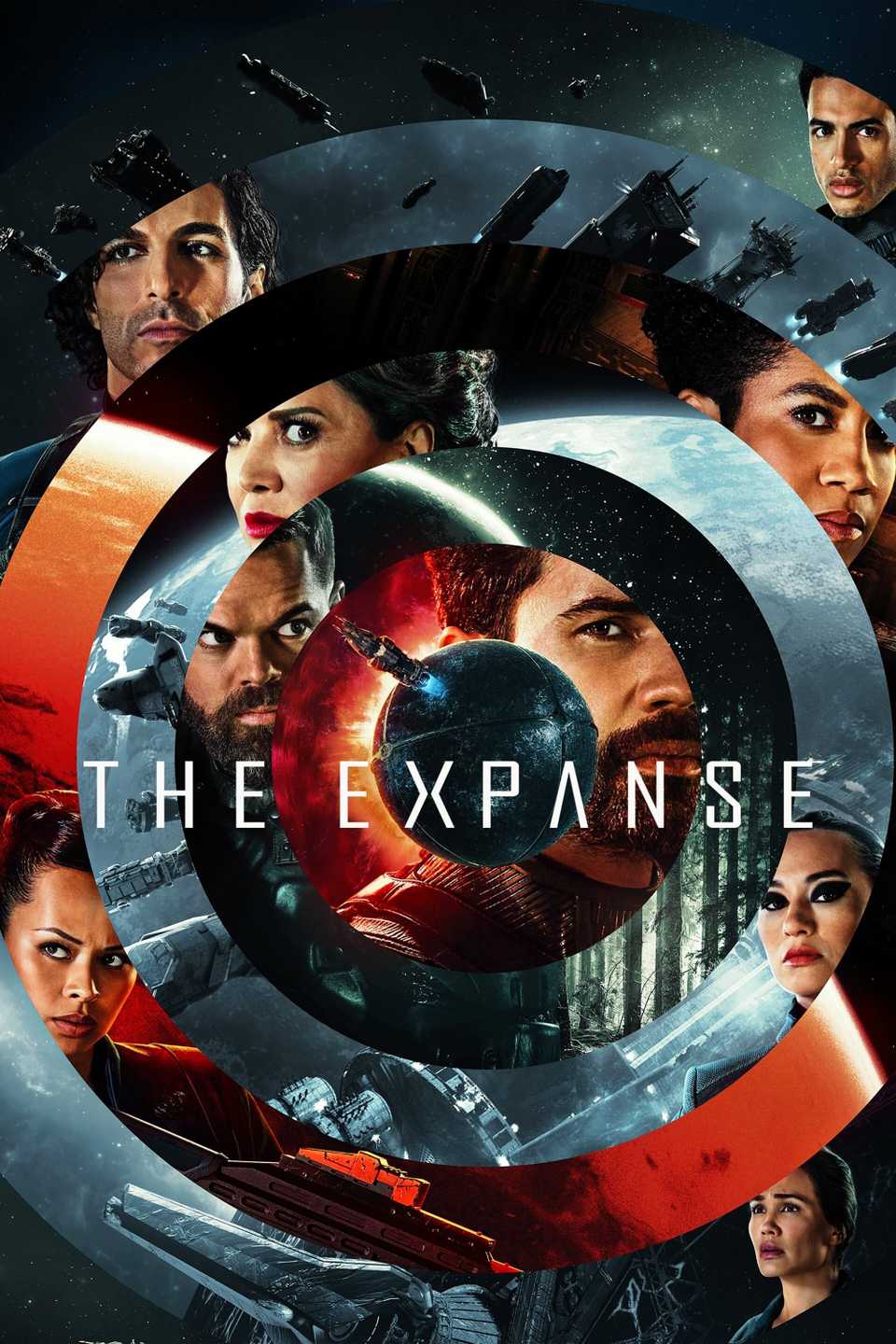Ending The Expanse three whole seasons early was a controversial call, but at least it spared the show from two rather stubborn obstacles. Based on the book series by James S.A. Corey, The Expanse ran for three seasons on the Syfy channel before being picked up for a further three by Amazon. Unfortunately, The Expanse was not renewed for season 7, leaving the story frustratingly unfinished.
Each season of The Expanse covered one entry in the book series, leaving three entire novels of material untouched. In an honorable display of authenticity, Prime Video’s The Expanse never wavered from its narrative path, meaning season 6 explicitly set up future arcs that, so far, have yet to materialize onscreen.
While The Expanse‘s premature ending remains a source of great disappointment for viewers, finishing on season 6 allowed the series to avoid arguably the two biggest headaches in adapting Corey’s books.
The Expanse Seasons 7-9 Would Have Needed To Drastically Increase In Scale
Following the defeat of Marco Inaros’ Free Navy at the end of The Expanse season 6, the next main antagonist would have been Winston Duarte, leader of the Laconian Empire. As its name implies, the Laconian Empire would have boasted staggering military power and made Inaros look like a schoolyard bully in comparison.
Given how epic the final showdowns against the Free Navy proved to be in live-action, The Expanse season 7 and beyond may have struggled to deliver the required increase in scale. Such a feat is inherently easier to achieve in literature, where a talented author can simply describe the images from their mind on the page.
In a TV series, however, The Expanse would have needed to render Laconia’s massive Protomolecule-enhanced battleships and its numerous battles to seize control of the Sol system in a way that looked next-level compared to the events of seasons 5 and 6. From this perspective, The Expanse benefits from ending on a high with the war against Marco Inaros.
The other major enemy in The Expanse‘s final three seasons would have been the Dark Gods – the mysterious force making ships vanish as they pass through the ring gates. As these troublesome beings ramp up their activity, they begin committing Thanos-like massacres, altering the laws of physics, and performing other acts that are much easier to describe using words than to create convincingly in a TV show.
Beyond that, The Expanse‘s final seasons would also have needed to navigate the visual conundrum of having a final villain that is, essentially, faceless.
The Expanse Avoided The Decision Over Whether To Have A Time Skip
By ending after season 6, The Expanse averted what would have likely become a contentious no-win scenario with its core cast. Between books six and seven, a time-skip of 30 years occurs, serving two important purposes.
Firstly, this peaceful period means beating the Free Navy wasn’t utterly pointless. Secondly, three decades is a believable enough stretch of time for the Laconian Empire to grow into a system-conquering force. Prime Video’s The Expanse would, therefore, have faced an unenviable decision.
It could have ignored the time-skip altogether, but risked creating the issues outlined above. It could have recast every main character with an older actor, remaining faithful to the books but losing the fantastic cast chemistry developed over six seasons. Or The Expanse could have kept the time-skip, retained all its cast members, and just hoped special effects could make the likes of Holden, Naomi, and Amos look 30 years older.
The wrong decision would have risked spoiling The Expanse‘s legacy as one of the most consistently brilliant sci-fi shows to grace the small screen. Again, there is perhaps a certain amount of wisdom in making season 6 the ending, despite the lingering plot threads.
Why The Expanse Seasons 7-9 Could Still Be Great
There is little doubt that if The Expanse adapted James S.A. Corey’s final three books, the odds would be stacked against the show like never before. The material within is some of the hardest to make viable in live-action. And yet, history suggests betting against The Expanse would be unwise.
Before season 6, viewers would have been forgiven for questioning whether The Expanse could do justice to the Free Navy arc, but it took that step-up in scale in its stride and made the jump look relatively effortless to boot. Bringing the full force of Laconia into the show would be challenging, no doubt, but after proving the doubters wrong once, The Expanse is in a strong position to do so again if it had the right funding.
There is also evidence to suggest The Expanse would succeed in adapting the wacky antics of the Dark Gods. Season 4 took place largely on the mysterious Protomolecule-laden planet of Ilus IV, where the morphing terrain made it seem like the planet itself was fighting against the Protagonists.
If The Expanse could pull that off, it has a strong chance of making the Dark Gods’ latter-story shenanigans work in a visual medium too. Both Ilus IV and the Dark Gods carry an otherworldly, primitive, enigmatic power, and The Expanse would only need to translate that from a planetary level to an interplanetary level.
The time-skip will be harder to execute properly, but even on that issue, The Expanse still provides cause for hope. While Alex Kamal remains a major player throughout the book series, Cas Anvar ceased portraying the character after season 5. The Expanse was forced into an abrupt shift, but made the best out of a tricky situation and resolved the actor’s absence without significant disruption.
That ability to write around the books, think on its feet, and solve problems that present themselves during the making of a TV show suggests the time-skip between seasons 6 and 7 would not prove insurmountable for The Expanse. With that in mind, finishing the story with The Expanse seasons 7-9 feels like a risk worth taking.

The Expanse
- Release Date
-
2015 – 2022-00-00
- Showrunner
-
Naren Shankar, Mark Fergus, Hawk Ostby












